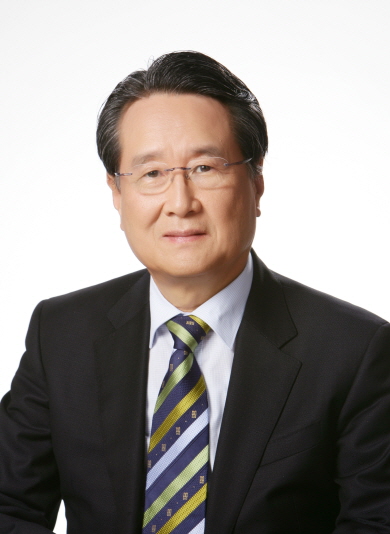
(International Studies)
I have seen one example that may testify to the assertion that Korea’s “noblesse oblige.” A group of Koreans who can command foreign languages quite well offer their linguistic talents pro bono to assist foreigners as well as locals who have difficulties in communication due to language barriers. The name of this group is BBB Korea whose membership counts as many as 4600 volunteers. The volunteers have pledged to leave their cell phone on 24 hours, waiting for phone calls from those who are anxiously looking for interpreting services.
I myself am one of the volunteers of BBB Korea in the English-Korean division. I have had a variety of experiences of cell phone interpreting services. One case I vividly remember was with one of the major hospitals in Seoul. It was about 10:30 at night. My cell phone rang with the indication on the phone screen that someone was asking for interpreting services. A nurse of that hospital’s emergency section was calling for help. She said an American patient was under severe stomach pain. She could give him a painkiller so that he could stay overnight at the hospital and see an attending doctor next morning. I interpreted the nurse’s suggestion as such, but the man said he did not want to stay overnight in the emergency section. He insisted on staying at a single-person room because the emergency area was so noisy and confusing that he would not be able to sleep. Unfortunately there was no single-person room available in the hospital that night.
Then, I momentarily decided to go beyond the scope of the interpreter’s mission, and asked the nurse whether there was perhaps a two-person room occupied by only one person. Fortunately, there was a two-person room which was only used by a patient who happened to be a school teacher with good English skills. I proposed this idea to the American patient, persuading him that it sounded even better than staying in a single-person room alone. He accepted the idea and the case was settled.
There are many civic volunteer organizations in Korea that are ready to share their talent. The role of BBB Korea’s interpreters is unique in that they interpret languages as well as find solutions using the interpreter’s common sense. I believe BBB Korea’s volunteers, therefore, are people who would like to share not only their linguistic skills, but their wisdom and relevant insight with others.
Korea as a nation is getting closer to the “developed level” status. However, one more homework Korea should undertake is building a sharing and caring society. Indeed, one may find it amazing that even Adam Smith, the father of market capitalism, once said that one’s utility (happiness) will increase as he or she makes others happier through his or her volunteer service. I hope students of Ewha will soon be a major banner carrier in this movement.
Dr. Yoo Jang-Hee is an emeritus professor of the Division of International Studies. He received his Ph.D. from Department of Economics in Texas A&M University Graduate School, his M.A from Department of Economics in UCLA Graduate School, and his B.A. from Department of Economics in Seoul National University.
Professor Yoo Jang-Hee
evoice@ewha.ac.kr

